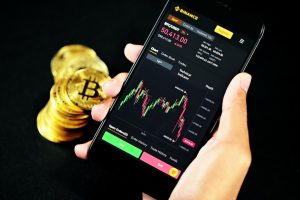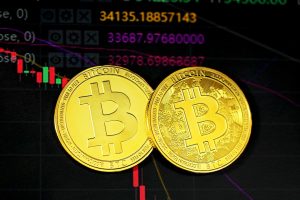The forex market, also known as the foreign exchange market, is the largest financial market in the world with a daily turnover of over $5 trillion. It is a decentralized market where currencies are traded globally. Banks are the major players in the forex market, and they trade forex for various reasons, including hedging, speculative purposes, and facilitating international transactions.
Webinar ‘How do the bankers trade forex?’ is an educational platform that aims to enlighten potential traders and investors on how banks trade forex. The webinar covers various topics, including the forex market structure, the trading strategies employed by banks, risk management, and the role of technology in forex trading.
Forex market structure
The forex market is a decentralized market where currencies are traded globally. It is an over-the-counter (OTC) market where traders buy and sell currencies directly without the need for a central exchange. The forex market is open 24/7, except for weekends, and it operates in different time zones.
Banks are the major players in the forex market, accounting for over 50% of the daily turnover. They trade forex for various reasons, including hedging, speculative purposes, and facilitating international transactions. Banks also act as market makers, providing liquidity to the market by buying and selling currencies at quoted prices.
Trading strategies employed by banks
Banks employ different trading strategies to trade forex, depending on their objectives and risk appetite. Some of the trading strategies employed by banks include:
1. Trend following: Banks follow trends in the forex market and trade in the direction of the trend. They use technical analysis tools such as moving averages and trend lines to identify trends and make trading decisions.
2. News trading: Banks trade forex based on news releases and events that affect the currency markets. They use fundamental analysis to identify market-moving news and events and trade accordingly.
3. Arbitrage: Banks exploit price discrepancies between different currency pairs or markets to make a profit. They use sophisticated algorithms and trading systems to identify and execute arbitrage opportunities.
Risk management
Risk management is an essential aspect of forex trading, and banks employ various risk management strategies to mitigate their exposure to market risks. Some of the risk management strategies employed by banks include:
1. Position sizing: Banks limit their exposure to market risks by controlling the size of their positions. They use risk management tools such as stop-loss orders and take-profit orders to manage their trades.
2. Diversification: Banks diversify their forex portfolios by trading different currency pairs and markets. This helps to reduce their exposure to market risks and ensure a more stable return on investment.
3. Hedging: Banks use hedging strategies to protect their positions from adverse market movements. They use derivatives such as futures and options to hedge their forex positions.
Role of technology in forex trading
Technology has revolutionized forex trading, and banks have embraced technology to enhance their trading capabilities. Banks use sophisticated trading platforms and algorithms to execute their trades, analyze market data, and manage risk. They also use artificial intelligence and machine learning to develop trading strategies and predict market trends.
Conclusion
Webinar ‘How do the bankers trade forex?’ provides valuable insights into the world of forex trading and how banks trade forex. The webinar covers various topics, including the forex market structure, trading strategies, risk management, and the role of technology in forex trading. By understanding how banks trade forex, potential traders and investors can develop a better understanding of the forex market and make more informed trading decisions.





